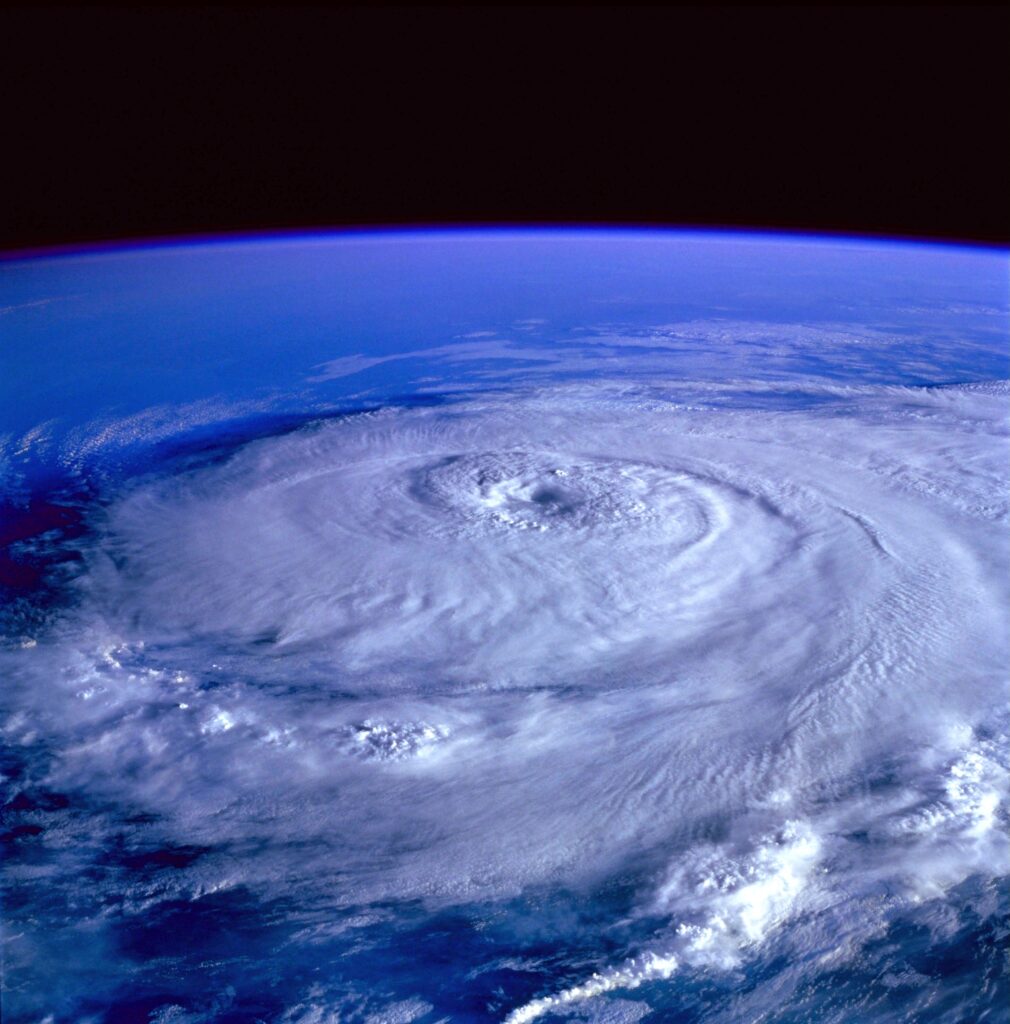Hurricane season is June 1st through November 30th. NOAA forecasters are predicting a 65% above-normal hurricane season this year. Learn more about hurricane preparedness and what to do in the event of a flood/natural disaster.
Hurricane Preparedness
A hurricane can be a devastating force of nature whether you live inland or on a coast. Being prepared can potentially help save you, your family, and your home from permanent damage. Read on to see what steps you can take to prepare for this hurricane season.
Evaluate Your Risk
Living on the coast is a higher probability to being hit by a hurricane, but inland residents are also at risk. Heavy rains, winds, and storm surges can cause wind damage and flooding. Once you evaluate your location and review historical hurricane information, you can decide whats best for you to prepare.
Preparing Your Family
You and your family’s safety is essential. Follow this guide to ensure you have a plan in place in the event of a hurricane
- Develop an evacuation plan.
- Prepare for power outages. Flashlights, electric lanterns, and gas-powered generators are a great place to start.
- Build an emergency kit. Click here to find a list of basic emergency supplies to have on hand.
- Be sure to secure important documents in a fire/water proof safe.
Preparing Your Home
While preparing your family and their safety is most important, it is good to start preparing your house before hurricane season starts. Here are some tips for preparing the exterior of your home.
- Check window and door seals. It’s important that these are in good condition to prevent water damage inside your home.
- Install storm shutters (if you’re in a high-risk area) or have boards available to put over your windows.
- Trim tree branches around your roof. High winds can cause trees and branches to damage your home.
- Clean your gutters to help water flow and prevent roof damage.
- Make sure you garage door(s) are secure.
- Have sandbags available to divert water from your home if you are in a high-risk area.
Now that your home and your family are prepared, be sure to check with your insurance agent to review your home policy. Most homeowners insurance will cover wind damage, but not flood damage as flood insurance is a separate policy. Be sure to ask what the best steps will be in the event that you need to file a claim after a hurricane. You can track current hurricanes and tropical storms by visiting the NOAA tracking site. Stay prepared and safe!

























